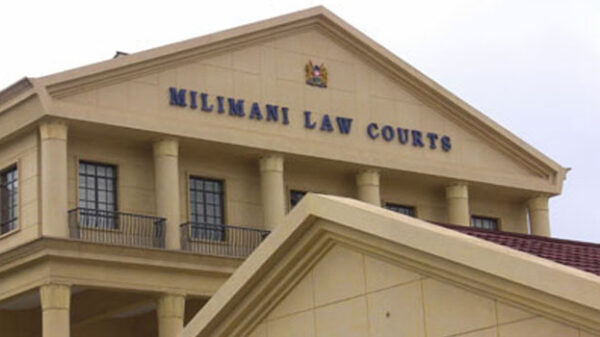NAIROBI, Kenya Sep 16 – Kenya’s public debt increased from 49 per cent of Gross Domestic Product (GDP) in 2013 to 68 per cent in 2020, data shared on Thursday indicated.
Commissioner Irene Asienga from the Commission on Revenue Allocation (CRA) attributed the debt position to a fiscal deficit and the variance in composition of external and domestic debt.
“The country has been financing expenditure through high fiscal deficits in excess of 6 percent,” she said when she appeared before the Senate Finance Committee where she submitted views on the status of public debt in the country.
As a result, the composition of external and domestic debt has changed and increased pressure on debt service with commercial debt increasing from 22 per cent to 36 per cent of total debt, Asienga noted.
“Commercial debt attracts higher interest rates and shorter maturity profile compared to concessional multilateral debt. This change in composition increases budget pressure on debt service,” she said.
She noted that the rising debt and changing composition had seen a rise in debt service as share of revenue from 16 per cent in 2013 to a high of 32 per cent in 2021.
“The current scenario can trigger a vicious cycle of debt dynamics and parliament needs to be vigilant in its budget making and oversight role,” she said.
To mitigate the risk of debt distress, Asienga asked Parliament to among other things set the bar for transparency and more openness in debt management, interrogate the annual borrowing plans, and question the plans and the interest rates at which the government is borrowing.
She also proposed that Parliament could interrogate the use of debt and ensure that the loans are for productive and tangible expenditures.
“Debt problems are correlated with several other problems and it will be important to be vigilant and proceed cautiously particularly with regard to commercial debt,” she said.
Controller of Budget Margaret Nyakang’o on her part recommended that Kenya should re-negotiate its debt payment agreements with a view of ensuring there is a smooth continuation of the country’s development agenda.
She advised that the government should slow down on its borrowing so as to ensure tax revenue collected is geared towards financing other components of the budget which include, recurrent, pensions and County governments.
Nyakang’o told the committee chaired by Kirinyaga Senator Charles Kibiru that Kenya’s total estimated borrowing during the Financial Year 2020/2022 stood at Sh1.4 trillion.























































